The Prism Sound Atlas Audio Interface is a USB multi-track audio interface for personal recording and sound production, for professional musicians, songwriters, engineers and producers as well as recording studios, post production facilities and scoring stages.
Atlas is ideal for music and sound recording, mixing, multitracking, overdubbing, stem-based mastering, analogue summing and critical listening applications.
Signal Path
Eight analog input channels and up to ten digital input channels are available as inputs for your audio workstation software through the host computer's audio driver. Similarly, eight analog output channels, up to ten digital output channels, and stereo headphone outputs can play 20 different channels. For low-latency monitoring to headphone or main outputs, each output pair can optionally be driven from the built-in DSP mixer with an individual local mix of any selection of inputs through the controller applet. All analog inputs are electronically balanced with automatic unbalanced operation. Analog outputs are electronically balanced with bootstrapping (level is maintained if one leg is grounded).
Verifile Technology
Verifile is a radical new proprietary technology exclusive to Prism Sound, which allows computer audio streams and recorded files to be quickly checked for a wide range of clicks, errors and dropouts, without any compromise in the audio content or any additional metadata. Verifile is a fragile steganographic process, which embeds derivative data within the dither of the ADC, containing a rolling hash code which allows the audio data to be thoroughly and continuously checked. Recovery of this data from the audio stream or file enables verification that the stream or file contains exactly the audio data that was produced by the ADC at the time of recording. Any incorrect samples, missing or repeated audio segments, or any other audio errors in the resulting files can be reliably detected, providing complete confidence that the recorded file is error-free. Processing such as EQ, level changes, additional redithering, or sample-rate conversion done to a Verifile recording will result in a failure to decode the rolling hash code in the dither and hence indicate that the recording is not an original.
Reliable Quality
Prism Sound uses precise software calibration techniques in its converters to avoid the unreliability of pots and tweaks. Minimizing noise, interference, and hum was a priority in the design. All the analog circuits have galvanic isolation, while the unit's electronically balanced I/O allows it to handle common mode interference sources and trouble-free connection to unbalanced equipment.
USB 2.0 Compatibility
The Atlas is easy to connect to your computer and to your outboard gear. For both Mac and Windows platforms, there is a controller application to configure the unit and control its built-in mixer and various functions. Aside from the monitor and headphone level controls, everything else is operated solely from the Atlas controller application. The controller software opens on-screen as a separate panel alongside your existing editing software. Since the Atlas is UAC2 compliant, it will also work in recent Linux and Android builds, although no control panel is provided.
Flexible I/O
The Atlas offers eight high-grade mic preamps with software-controlled gain in 1 dB steps, individually switchable phantom power, 20 dB pads, and low noise and distortion. The XLR-1/4" combo jacks support both microphone and line input, with digitally-controlled mic gain in excess of 60 dB. Two front-panel 1/4" inputs also support direct-injection (DI) instrument connections. RIAA equalization can be selected in the controller applet on channels one and two so that turntables can be connected for archiving or sampling applications. By selecting the input type (Mic or DI), low- or high-impedance cartridges can be loaded with suitable termination impedances. All analog inputs have individually-selectable Prism Sound Overkiller peak limiters built in—just as on the ADA-8XR and Orpheus—to catch those fast transients. The Overkiller threshold automatically follows the operating line-level selection (+4 dBu or -10 dBV). Overkillers are ideal for percussive sounds, particularly drums, where headroom can be a problem. The coaxial digital I/O can be switched in the Atlas controller applet between S/PDIF and AES3 formats. This control changes the operating voltage and the channel status format, and is complemented by two supplied adapters that provide external XLR connections for AES3 devices. The optical digital I/O ports on Atlas can also be configured as ADAT I/O. Other connections include word clock sync I/O on BNC connectors.
Low-Latency Digital Mixer
A built-in digital mixer can be configured from the host computer to provide foldback feeds to performers, each with their own stereo mix of workstation playback and any of the inputs. This provides console quality local mixing—each output has its own independent mixer, with channel strips for all inputs and workstation feeds, complete with fader, pan/balance pot, solo and mute buttons, and full metering. Strips can be stereo or mono, and the mixes are dithered with filtered coefficients, just as in a top-end digital mixer. With the Prism Sound DSP mixer, the latency is as low as 0.08 ms at a 192 kHz sampling rate.
Sample Rate Conversion & Noise Shaping
Prism Sound's renowned synchronous sample-rate conversion allows outputting to various external devices at other sampling rates. The sample rate converter can be used at the outputs as well as the inputs, and can deal with unsynchronised or wrong-rate digital inputs. The Atlas can also generate, say, a live 44.1 kHz output from a 96 kHz session. The digital output is equipped with all four Prism Sound SNS noise-shaping curves, allowing you to reduce to 16-bits for CD at mastering-house quality.
Standalone Operation
Atlas can also operate in a standalone mode using its ADAT or coaxial digital I/O connections. Once configured via the Atlas controller applet, the unit can be disconnected from the host computer and used independently. Atlas will retain its settings when powered down; and even if it is switched off, Atlas can be repowered, and standalone operation can continue with the automatically stored settings.
Comprehensive Indicators
With ten multi-segment bargraphs with overload indication (assignable to inputs or outputs), Overkiller LEDs, digital input lock-status indication, sample rate conversion and host/master sync LEDs, and illuminated volume controls, the Atlas makes viewing interface activity easy.
Expansion Slot
The expansion slot supports Prism Sound's MDIO expansion cards, which provide alternative host connections. The host is usually a computer, and the Atlas interface provides a means of connection between the host and the external analog and digital audio I/O ports. Without an MDIO expansion card fitted, the host connection would always default to the USB connection. The MDIO expansion slot provides an alternative host connection. It does not necessarily disable the USB port, but in the case of the Pro Tools interface MDIO-PTHDX, the USB port is switched off when the Pro Tools interface is to be used.
Prism Sound Atlas Audio Interface Features
- 8x analogue I/O (switchable mic/line/instrument modes)
- 8x high-grade mic pres
- 2x high impedance, instrument inputs
- MDIO slot for optional digital interfaces (initially Pro Tools HDX and AES)
- Optical I/O (with ADAT, ADAT S/MUX or TOSLINK functionality)
- Stereo digital I/O (S/PDIF or AES)
- MIDI I/O
- Wordclock I/O
- 2x Headphone outputs (sharing a single stereo bus)
- Ethernet port (for future potential AVB and networking integration)
- USB 2.0 host
- 192kHz, 24bit
- Latest award-winning Prism Sound CleverClox clocking technology
- Mac OS X and Windows compatible
Prism Sound Atlas Audio Interface Includes
- Prism Sound Atlas
- IEC Cable
- USB Type-A to USB Type-B Cable
- XLR Female to RCA Male Adapter
- XLR Male to RCA Male Adapter
- 2 x 19" Rackmount Ears
- Allen Key for Rackmount Ears
- Software CD
No review yet, Be first to Write a Review
Write a Review
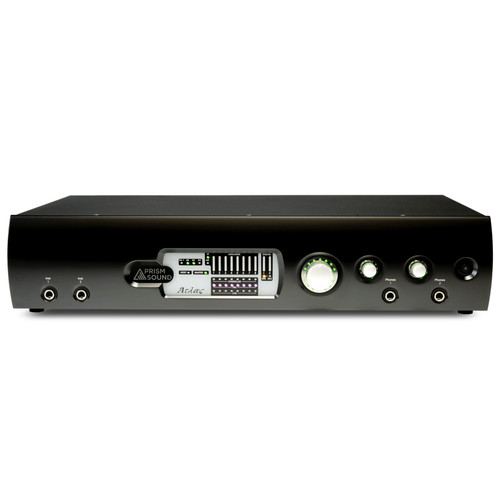
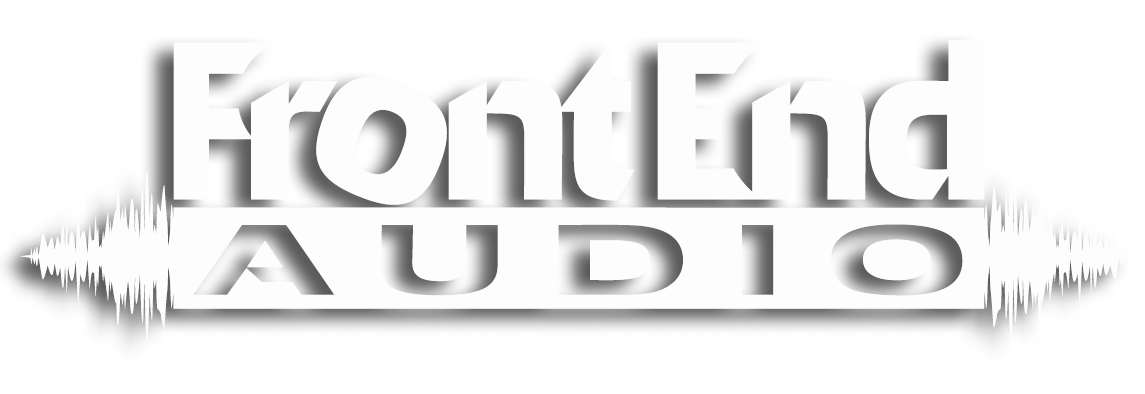



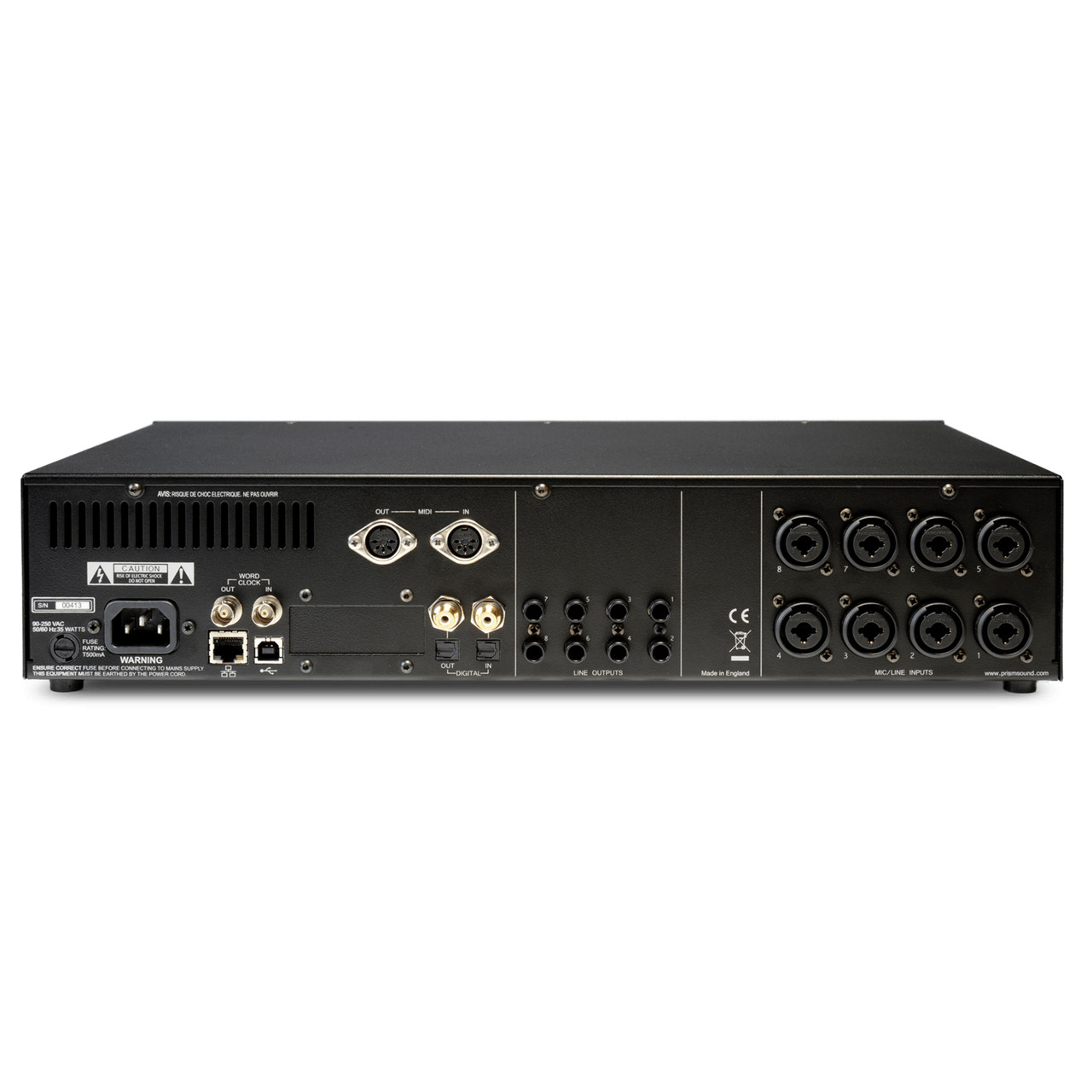


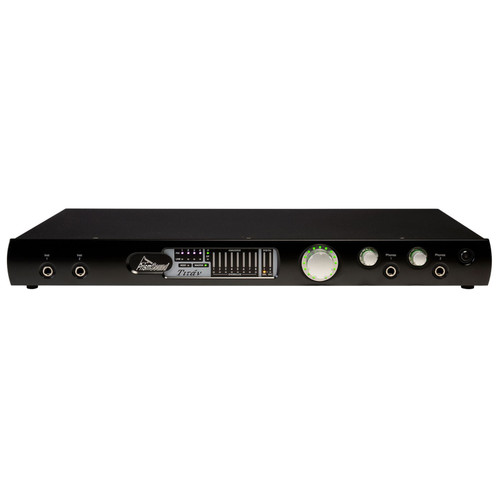


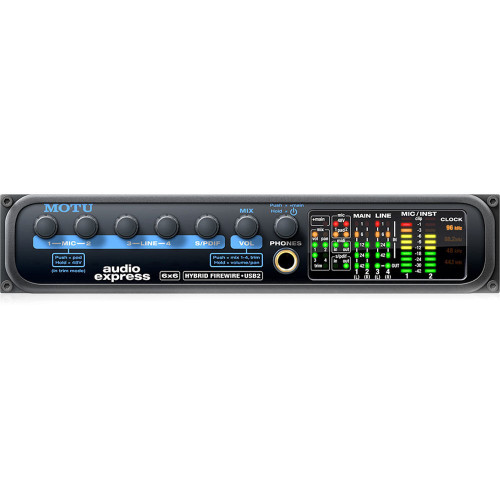
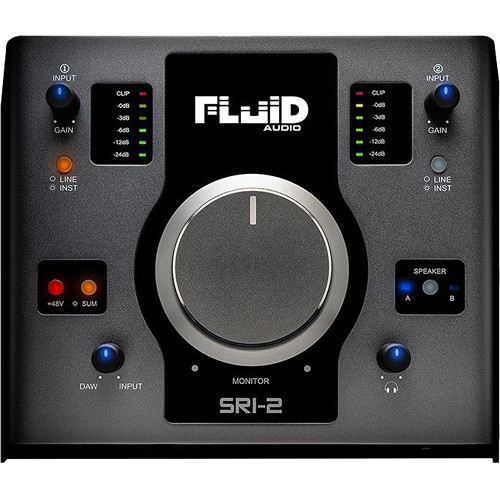





 Sign Up for exclusive sales and offers!
Sign Up for exclusive sales and offers!